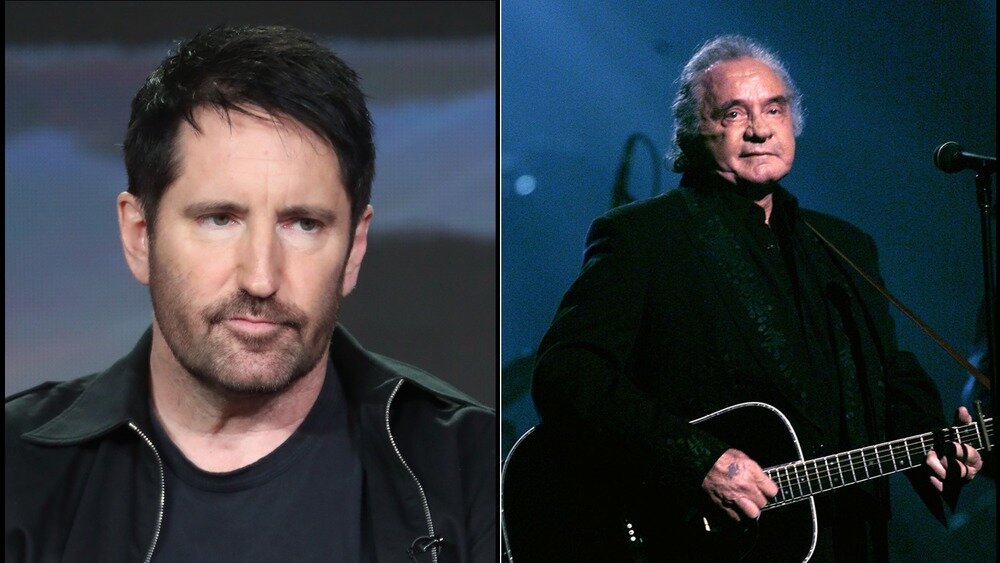3-hour drive
/Have you guys ever watched a Netflix original series called “Song Exploder”?
It was created and is presented by American musician and composer Hrishikesh Hirway. As I’m writing this post, season number 2 is already on and a total of 8 episodes have been aired so far.
The episodes showcase celebrated artists talking about the creative process behind some of their most well-known and successful songs: R.E.M speaks about the making of “Losing My Religion”, Trent Reznor, of the Nine Inch Nails, reminisces on the production of “Hurt” and Alicia Keys gives us an inside look at the creation of “3-Hour Drive”, which she composed alongside British musician and music producer Sampha.
On this particular post, I’d like to focus on the first episode of the first season, featuring Alicia Keys. There’s a specific scene on this episode that really caught my eye and that I’d like to discuss with you.




Don’t worry: there will be no spoilers, I promise.
It’s a scene where we see Alicia Keys, Sampha and British producer Jimmy Napes right in the middle of the songwriting process. However, it seems like they’re struggling somehow. Creatively, I mean. Almost as if they couldn’t find the right words to fit the lyrics.
Jimmy Napes explains the reason behind that moment of “writer’s block”:
“We had these beautiful chords, this beautiful melody, but....NO CONCEPT.
Even though the feeling was there, that’s how songs come together sometimes”.
The episode continues, as does the struggle, until Napes – who was sitting at the piano – stops playing, turns around, looks at Keys and Sampha directly in the eye and says: “we need to know and think about what we’re saying”.
Keys remembers that moment with a laugh: “Jimmy was like: ‘we need to figure out what we’re writing about’. He’s very practical (laughs)”.
The title of the song is “3 Hour Drive”, and in order to find the concept behind it, the trio started asking the following question:
“Why is the character in the song embarking on a three-hour drive?”
Keys was the first one to raise questions:
Alicia Keys
“We knew we liked this “three hour drive”. We liked that, because that was like ‘what does that mean? A three-hour drive?
Where are we going?’”.
Sampha chipped in with his own insights, taking Alicia’s train of thought even further:
Sampha
“The idea of a three-hour drive, yeah, I guess you just have this feeling of someone working through something, you know? There is something super reflective about it. And cathartic”.
Finally, Napes shares his own conclusion with the trio:
Jimmy Napes
“I think it’s ‘no you, no me’. There’s no you. There’s no me. You know, that’s like...
YOU GIVE ME LIFE”.
And just like that, the concept was born.
This is what Keys had to say about that moment:
“When we landed on You Give Me Life, that was like, a celebration, cause you felt it.
You’re like: That’s IT.
That’s the THING.
And it’s so simple, but it means so much.
‘You give me life’ means everything ”.
Ok. This is as far as we go. No more spoilers.
The point I wanted to make is that I didn’t know that when musicians are in the songwriting process, that they would also use concepts. The only instance where I had heard the word concept used in the music industry was when people talked about conceptual albums. And at least to my (very limited knowledge), conceptual albums were strictly recorded by the so-called progressive rock bands, and not artists such as Alicia Keys.
Just to give you and idea of what I mean, some of my favorite conceptual albums of all time include:
Dream Theater’s majestic Metropolis Pt. 2: Scenes from a Memory, released in 1999;
Pink Floyd’s extraordinary The Wall, released in 1979;
and of course, reigning supreme at the top of the list, Pink Floyd’s superb and incomparable The Dark Side of the Moon, released in 1973.
Up until I watched this Netflix documentary series, these were the only – and I mean, only – images my brain was able to conjure up upon hearing the words music and concept used in the same sentence: progressive rock bands performing never ending solos, playing 20 minute songs and singing about things like “the decadence and idiosyncrasies of the human condition”. ;o)
That’s why it was incredibly invigorating to learn how musicians – any musician – also need concepts in their creative process.
It was refreshing to see how, in the episode, everything about the song started making sense once the concept was found.
And it was cathartic to be able to realize that the concept started coming into play as soon as the trio asked:
“Why”?
“Why does one embark on a 3-hour drive?”
What is the purpose of this trip?
Where are we heading?
Are we running away from something?
Which thoughts will make us company during this 3 hour drive?
We’ve already learned that asking the right questions give birth to some of the best concepts.
And in this case, all questions could be summed up in one: “Why are we going on this trip?”.
It’s that old adage: with concepts, there’s ALWAYS a reason-why.
And in the case of “3-hour drive”, it’s no exception.
There’s a reason-why.
But I can’t tell you what it is because I promised I wouldn’t give out any spoilers.
Instead, I suggest you guys drop everything you’re doing, join Alicia Keys, Jimmy Napes and Sampha on this amazing episode and find out for yourselves.
I promise you won’t regret it.
Have a nice trip!







